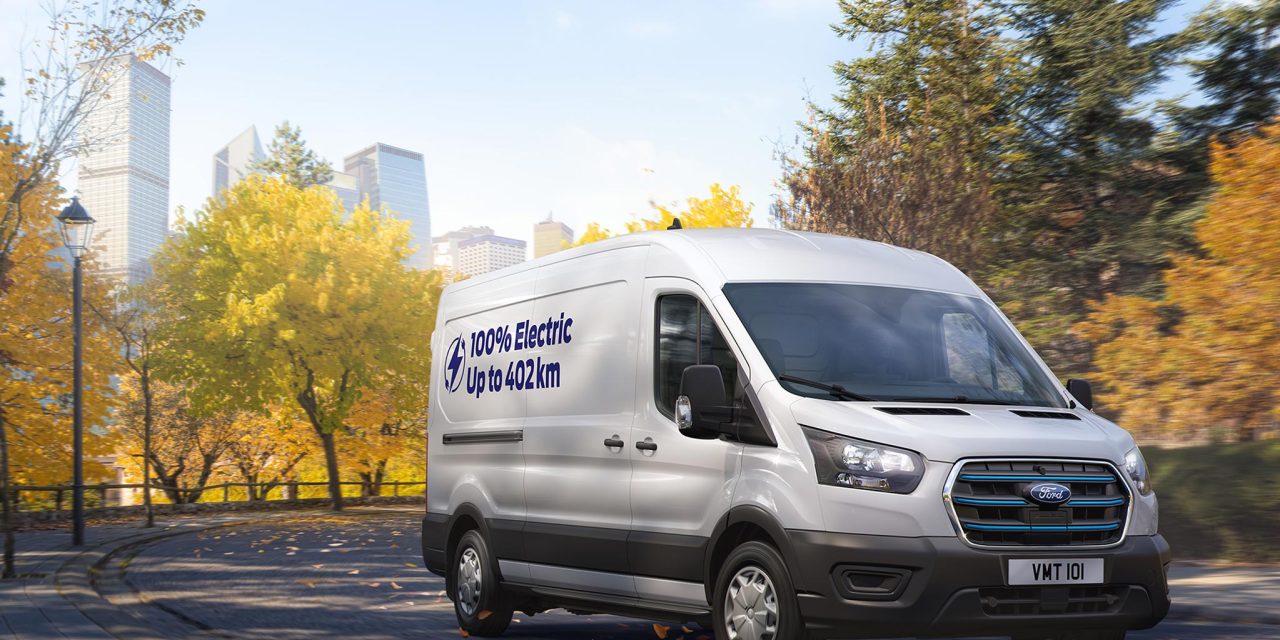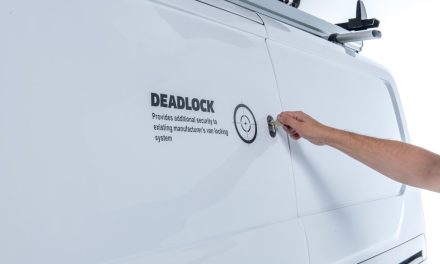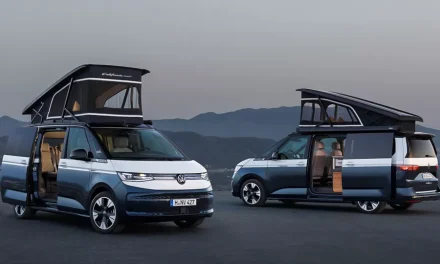The Shift to Eco-Friendly Transportation
The world is increasingly focused on reducing carbon emissions and combating climate change. One of the most significant contributors to carbon emissions is transportation. Traditional gasoline and diesel vehicles emit harmful gases that contribute to air pollution and global warming. In recent years, there has been a noticeable shift towards eco-friendly transportation options, including electric vehicles (EVs).
Electric vans are transforming how we think about eco-friendly transportation. They are not just a niche product anymore; they’re becoming essential for businesses and consumers focused on sustainability. This blog post explores the rise of electric vans, their benefits, challenges, and the leading models in the market.
Electric vans are gaining popularity as a viable eco-friendly alternative for both personal and business use. These vehicles run on electricity, which means they produce zero tailpipe emissions. For eco-conscious consumers and small business owners, electric vans offer a way to reduce their carbon footprint while still meeting their transportation needs.
In this blog, we will explore why electric vans are gaining traction, their benefits, the challenges they face, and the top models available in the market.
The Rise of Electric Vans
The demand for electric vans is skyrocketing globally. This rise can be attributed to several factors, including increasing environmental awareness, advancements in technology, and government incentives. More consumers and businesses are recognizing the long-term cost savings and environmental benefits of electric vans.
One major factor driving the popularity of electric vans is the growing concern over climate change. Governments worldwide are taking measures to reduce carbon emissions, and many are offering financial incentives to encourage the adoption of electric vehicles. These incentives can include tax credits, rebates, and grants that make electric vans more affordable.
Another factor is the rapid advancement in battery technology. Modern electric vans come with improved battery ranges, faster charging times, and better overall performance. This makes them a practical choice for various applications, from delivery services to personal transportation.
Benefits of Electric Vans
Electric vans offer numerous benefits that make them an attractive option for eco-conscious consumers and small business owners alike. Here are some of the key advantages:
Environmental Advantages
Electric vans produce zero tailpipe emissions, significantly reducing their environmental impact. By switching to electric vans, businesses can lower their carbon footprint and contribute to cleaner air. This is particularly important in urban areas where air quality is often a concern.
Cost Savings on Fuel and Maintenance
Electric vans are more cost-effective to operate than their gasoline counterparts. Electricity is generally cheaper than gasoline, resulting in lower fuel costs. Additionally, electric vehicles have fewer moving parts, which means they require less maintenance. This can lead to significant savings on repairs and upkeep over the lifespan of the vehicle.
Enhanced Technology Features
Modern electric vans come equipped with advanced technology features that enhance the driving experience. These features can include regenerative braking, which helps recharge the battery while driving, and smart navigation systems that optimize routes for efficiency. Many electric vans also offer connectivity features that allow drivers to monitor their vehicle’s performance in real time.
Challenges and Solutions
Despite their many benefits, electric vans still face several challenges. However, innovative solutions are being developed to address these issues and make electric vans more accessible and practical for everyone.
Infrastructure Challenges
One of the main challenges is the lack of charging infrastructure. While the number of charging stations is increasing, it is still not as widespread as traditional gas stations. This can be a concern for those who need to travel long distances or operate in areas with limited charging options.
Innovations and Solutions
To address the infrastructure challenge, several innovations are being developed. For example, companies are working on faster charging solutions that reduce the time needed to recharge an electric van. Additionally, mobile charging units are becoming available, allowing drivers to charge their vehicles on the go. Some governments are also investing in expanding the charging infrastructure to support the growing number of electric vehicles on the road.
Leading Electric Van Models
Several leading electric van models are currently available in the market, each offering unique features and benefits. Here are some of the top models to consider:
Nissan e-NV200
The Nissan e-NV200 is a popular choice for businesses looking for a reliable and efficient electric van. It offers a range of up to 124 miles on a single charge and comes with a spacious cargo area. Additionally, it features rapid charging capabilities, allowing the battery to be charged to 80% in just 40 minutes.
Mercedes-Benz eSprinter
The Mercedes-Benz eSprinter is known for its impressive build quality and advanced technology features. It offers a range of up to 93 miles and comes with various customization options to suit different business needs. The eSprinter also includes safety features such as active brake assist and attention assist.
Ford Transit Electric
The Ford Transit Electric is a versatile electric van designed for both personal and business use. It offers a range of up to 126 miles and comes with a range of configurations to accommodate different cargo and passenger needs. The Transit Electric also features Ford’s SYNC 4 infotainment system, providing connectivity and entertainment options.
Case Studies
To understand the real-world benefits and challenges of electric vans, let’s look at some successful business stories:
Amazon
Amazon has been at the forefront of adopting electric vans for their delivery fleet. They have partnered with Rivian to develop custom electric delivery vans. This initiative is part of Amazon’s commitment to becoming net-zero carbon by 2040. The electric vans have helped Amazon reduce their carbon emissions and operate more sustainably.
DPD Group
DPD Group, a leading parcel delivery company, has integrated electric vans into their fleet to reduce their environmental impact. They have deployed electric vans in urban areas to address air quality concerns and comply with emission regulations. The switch to electric vans has resulted in cost savings on fuel and maintenance, as well as positive feedback from customers.
The Future of Electric Vans
The future of electric vans looks promising, with continued advancements in technology and increasing support from governments and businesses. Here are some predictions for the future:
Market Growth
The market for electric vans is expected to grow significantly in the coming years. According to a report by BloombergNEF, the sales of electric commercial vehicles are projected to reach 56% of all commercial vehicle sales by 2040. This growth will be driven by the increasing demand for eco-friendly transportation solutions and advancements in battery technology.
Innovations
We can expect to see further innovations in electric van technology. This includes improvements in battery range, faster charging times, and enhanced performance features. Additionally, autonomous driving technology may become more prevalent in electric vans, offering new possibilities for efficiency and safety.
Conclusion
Electric vans are playing a crucial role in the shift towards eco-friendly transportation. They offer numerous benefits, including reduced carbon emissions, cost savings, and advanced technology features. While there are challenges to overcome, innovative solutions are being developed to make electric vans more accessible and practical for everyone.
For eco-conscious consumers and small business owners, electric vans represent a sustainable and efficient transportation option. By adopting electric vans, you can contribute to a cleaner environment and enjoy the many advantages they offer.
If you’re considering making the switch to electric vans, now is the perfect time to explore your options and take the first step towards a greener future.





